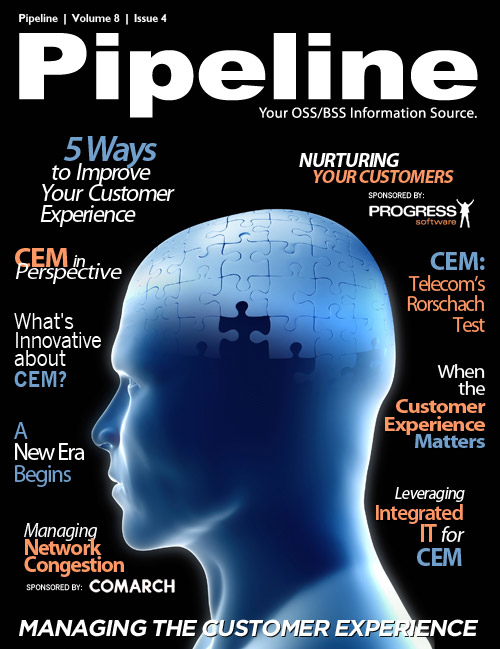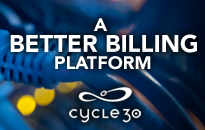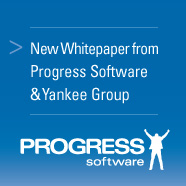The Verizon Strike: How it Impacted Service
Despite all the talk of CEM solutions in this issue, none of them accomplish much if there is no service to begin with. Verizon felt the sting of this truth during a 15-day strike last month that saw 45,000 workers leave their posts. The number of striking workers was large enough to have an impact on the monthly employment statistics, but what kind of impact did this have on their network quality and service metrics?
Verizon acknowledged what it called “minor disruptions,” but customers on the receiving end of service and installation delays were angry. In New York, Verizon customers complained about excessive wait time for installation and service. One customer, who owned a boutique investment bank, reportedly lost phone service for nine days. Others received FiOS installation dates in excess of four months after placing an order for new service.
Even though FiOS is superior technology, Verizon's unresponsiveness and inability to install service definitely pushed customers to Comcast and Time Warner. Competitors like Time Warner were quick to capitalize on Verizon's lagtime, offering installations on Sundays and shortening their waiting time window from three hours to two.
The strike didn't just impact Verizon's service, it also affected public safety. In Maryland, the State Highway Administration's 511 was inaccessible to Verizon's landline customers, and launched about two weeks late, thanks to Verizon's delay in installing switches. And in Pittsburgh, Pennsylvania, ankle monitoring bracelets worn by criminal offenders require clean, discrete home phone service (not part of a bundle). Since Verizon's landlines provide the best service in Pittsburgh, many feared an extended strike would impact the ankle monitoring program.


For a company like Verizon, the cost of losing scores of customers to the competition because service issues could not be resolved quickly falls directly under the umbrella of the type of problem CEM aims to fix. Yet, as we've seen, there is nothing in the software realm that can prevent a good old-fashioned strike. Or is there?
Don't Change Horses (In the Middle of the Stream)
Google and HP certainly haven't been grooving to Tower of Power's funk hit Don't Change Horses (In the Middle of the Stream). They've been too busy making drastic direction changes that have everyone rubbing their necks and scratching their heads.
First, Google announced a $12.5 billion acquisition of Motorola Mobile, which will pit the giant against Apple with supercharged Androids. What's most important about the deal is intellectual property; Google will acquire an enormous patent portfolio (around 17,000 patents), with which it can defend itself against copyright infringement suits. Until now, the software company has left the hardware companies to their own devices (no pun intended) when it came to defending against Apple's lawsuits (to wit: Samsung Galaxy Tab debacle). Armed with patent protections, Google is poised to go toe-to-toe with Apple in the very near future.
Later in the month, HP decided to exit the tablet game almost as quickly as it entered it, dropping out of the WebOS game entirely and promising to refocus on software and solutions. As a last hurrah, HP ignited a firesale on their TouchPads (marked down about 75%) that swept across the internet and spawned more news stories than the impact the pad funeral had on HP's bottom line. By August 19, the company lost about $12 billion in value following the news, and investors remain unsure whether HP could pull an IBM-style move and jump from the low-margin device market to high-margin IT software and services.
The two companies aren't the only examples of changing business strategies, and fighting to decide whether their riches will be found in software or hardware. Cisco made a move to expand its software-based solutions by acquiring Axioss this month. As we reported earlier, DISH Network wants in on triple-play service offerings and Netflix-style streaming content. And it's no secret that major carriers like AT&T and most recently Verizon are making expensive plays to get into the enterprise cloud services market.











